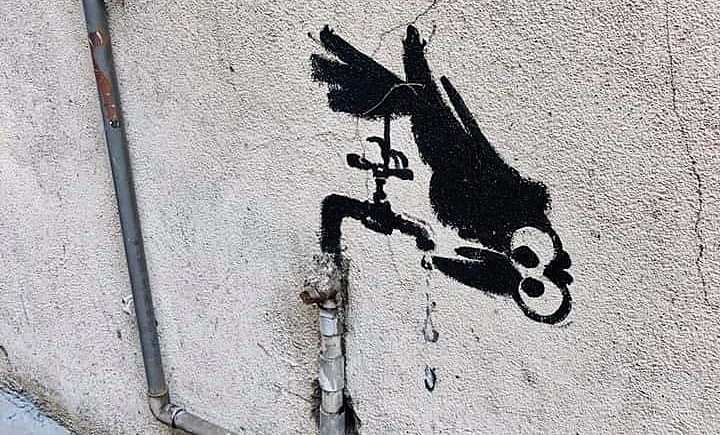8 Tips On How To Speak Like A Local In Malaysia


Is life getting a little stale and mundane for you? Take a break from your holiday or everyday life and get your blood pumping with these... 显示更多

Are you planning your next adventure but don’t know where to start? Afraid you might get lost or miss out on hidden gems? Why risk all th... 显示更多

After being cooped up for months, we are finally able to travel again! Well, domestically at least. But hey, you’ll be amazed at how much... 显示更多

When deciding to venture into sustainable tourism and adding aspects of it to your trip means being responsible and making smarter choice... 显示更多

Heading to Kuala Lumpur and wondering where to eat? Kuala Lumpur, or more commonly known as ‘KL’ is a paradise for foodies and we can gua... 显示更多